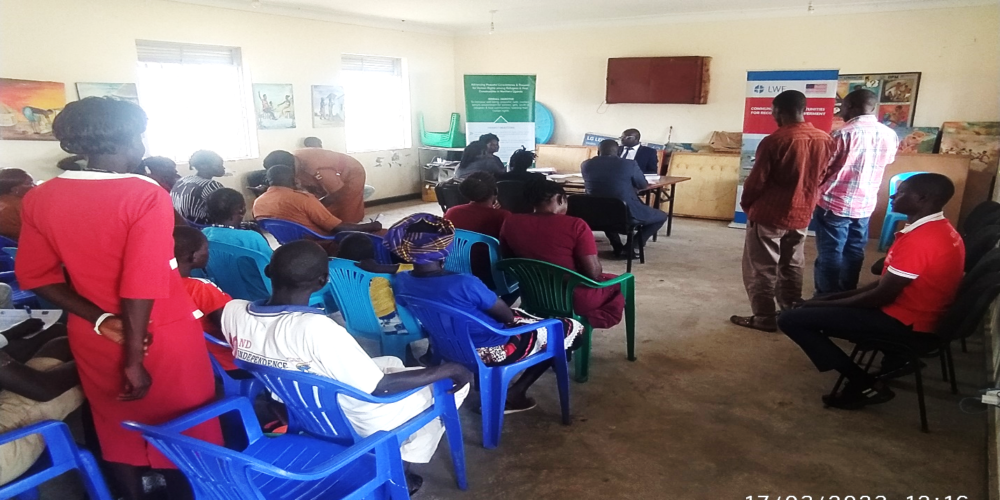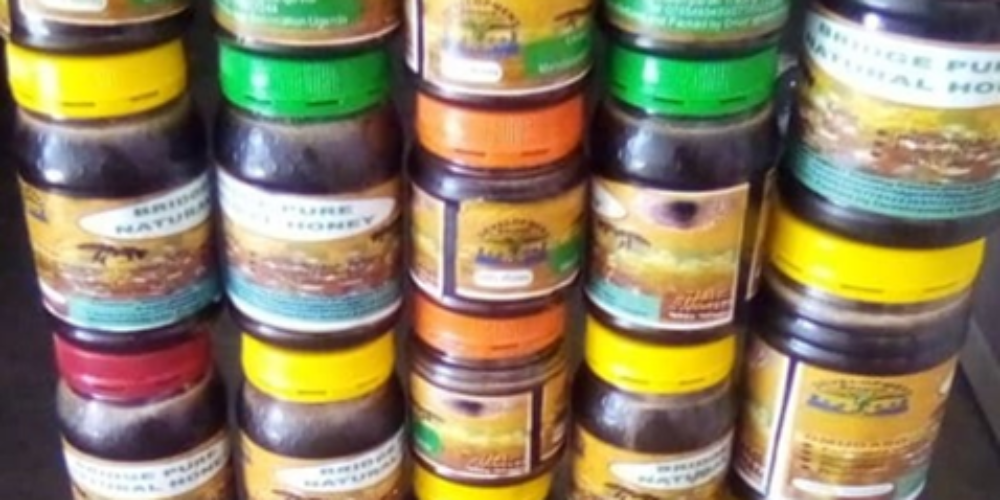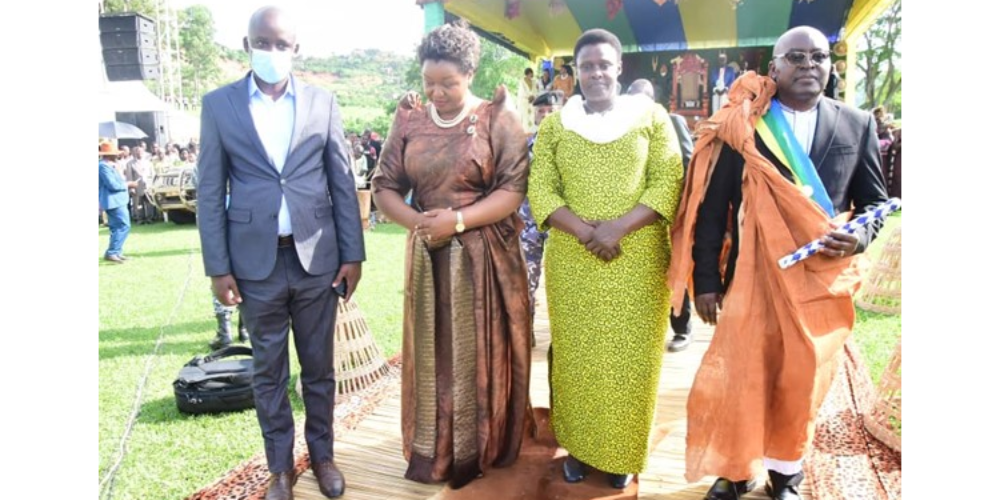This article is about the technicalities of starting the STEPS project in Rhino Refugee Settlement.
Community conversations, commonly referred to as CC, are a nonlinear process that facilitates open and free discussions among community members about issues affecting their daily lives, enabling them to devise […]
A person is considered a refugee under the 1951 Refugee Convention if they have fled their place of origin due to well-founded fear of persecution based on their ethnicity, political […]
The maize garden after the application of the agricultural inputs from MYIB. In a remarkable effort to promote unity and collaboration, KRC-Uganda has played a crucial role in connecting youth […]
Access to Water, Sanitation and Hygiene services are critical in ensuring people enjoy a good standard of living and that their rights are fulfilled. Despite the Government of Uganda (GoU) […]
Bidibidi settlement, located in Yumbe district, is the world’s second-largest refugee settlement and the largest in Africa. Covering an area of 250 square kilometers on the Eastern half of the […]
old packaging by the group before training by KRC-Uganda Upon completing my final exams, I fell ill unexpectedly. Despite the initial support from friends, some, including my closest companions, lost […]
The return of His Majesty Charles Mumbere Iremangoma, The King of the Obusinga Bwa Rwenzururu (OBR) Cultural Institution, marks the beginning of a new chapter in the history of the […]
The conflict mapping for the Rwenzori region in 2020 was a prelude to the launch of the Networks for Peace Project that heralded the prevention and resolution of conflicts through […]
This study was commissioned by KRC Uganda working in consortia with the Centre for Economic Social Cultural Rights in Africa (CESCRA) and Women and Rural Development Network (WORUDET) with funding […]









